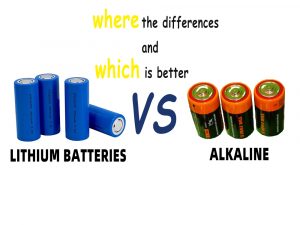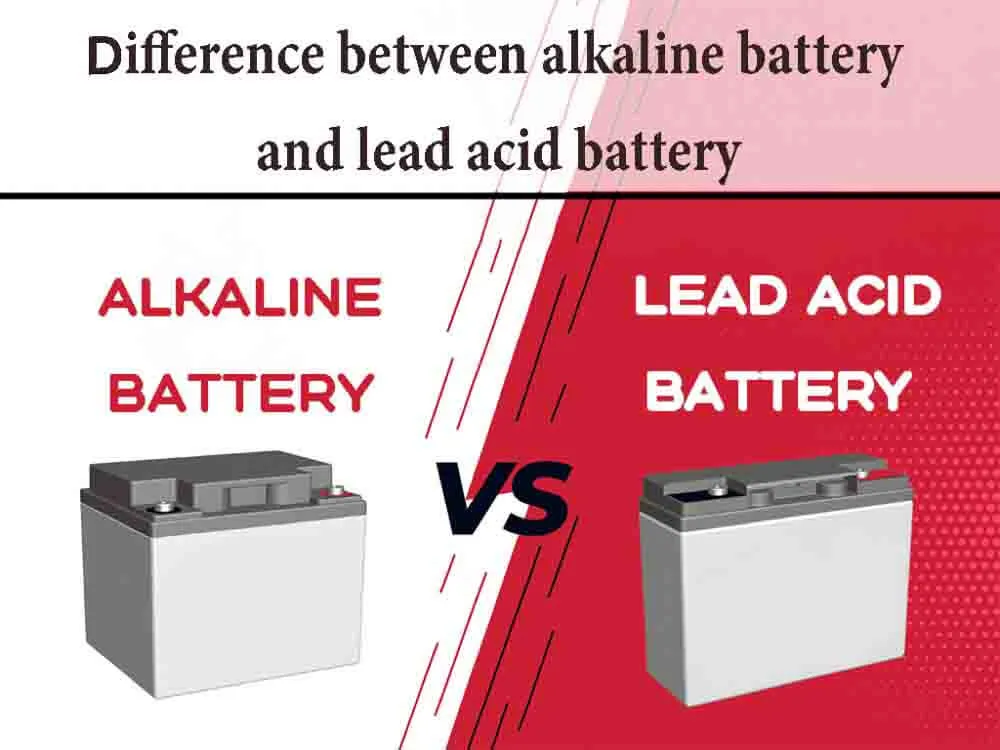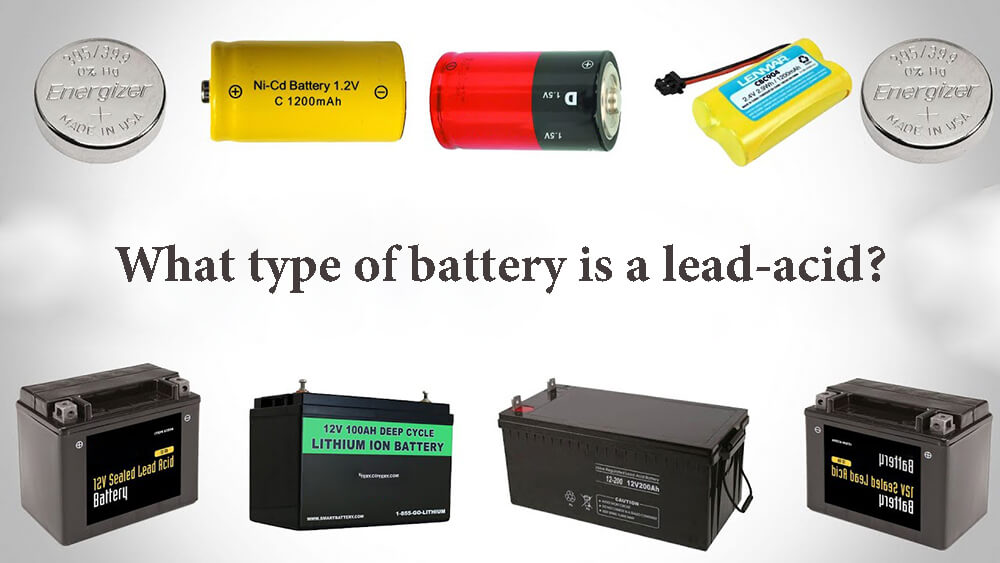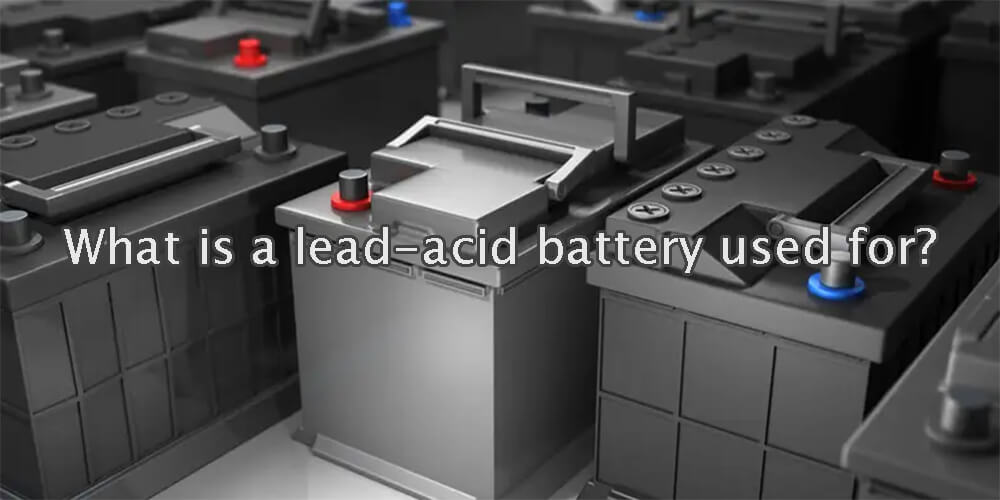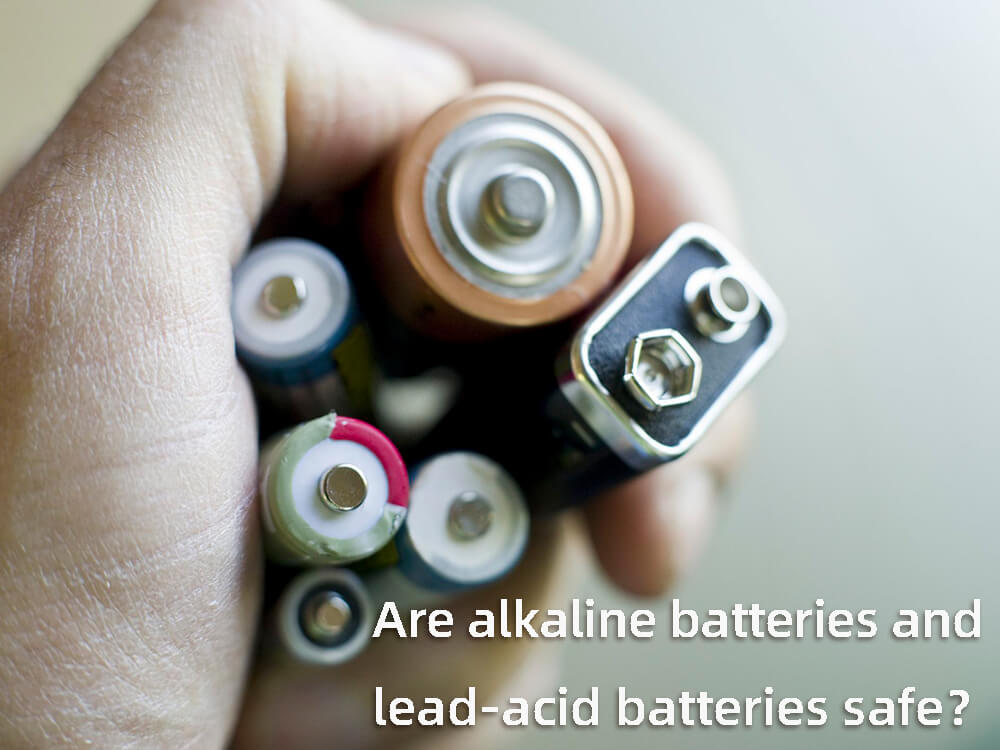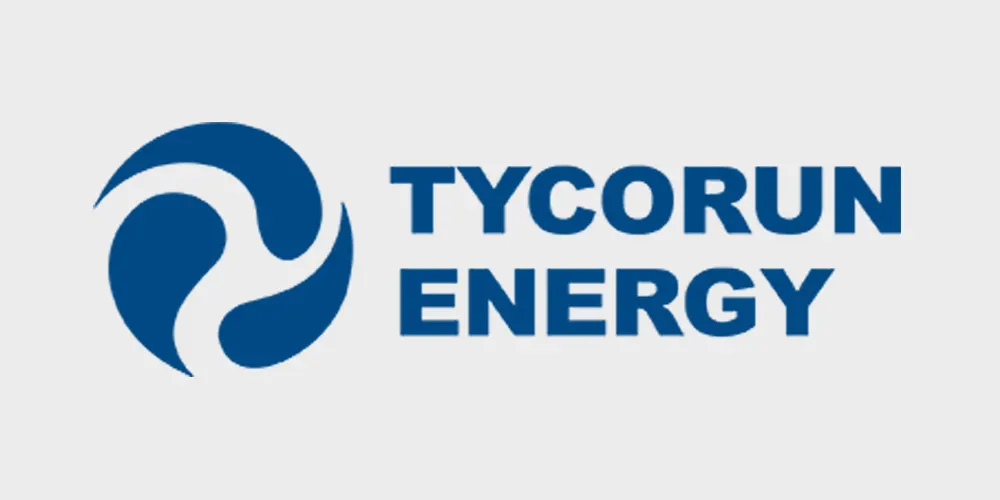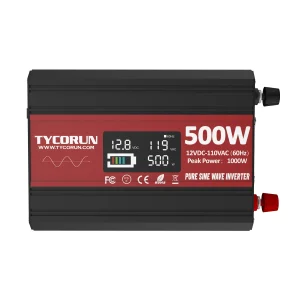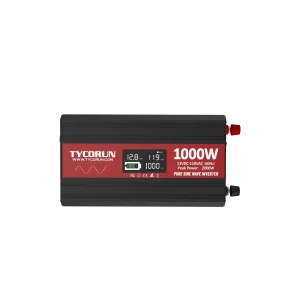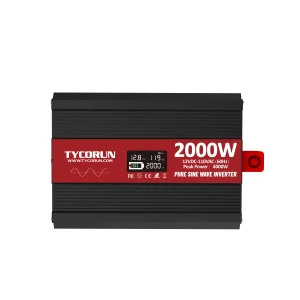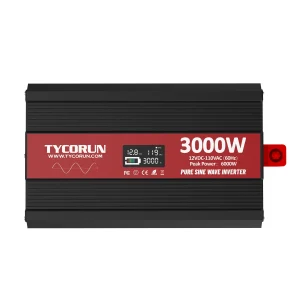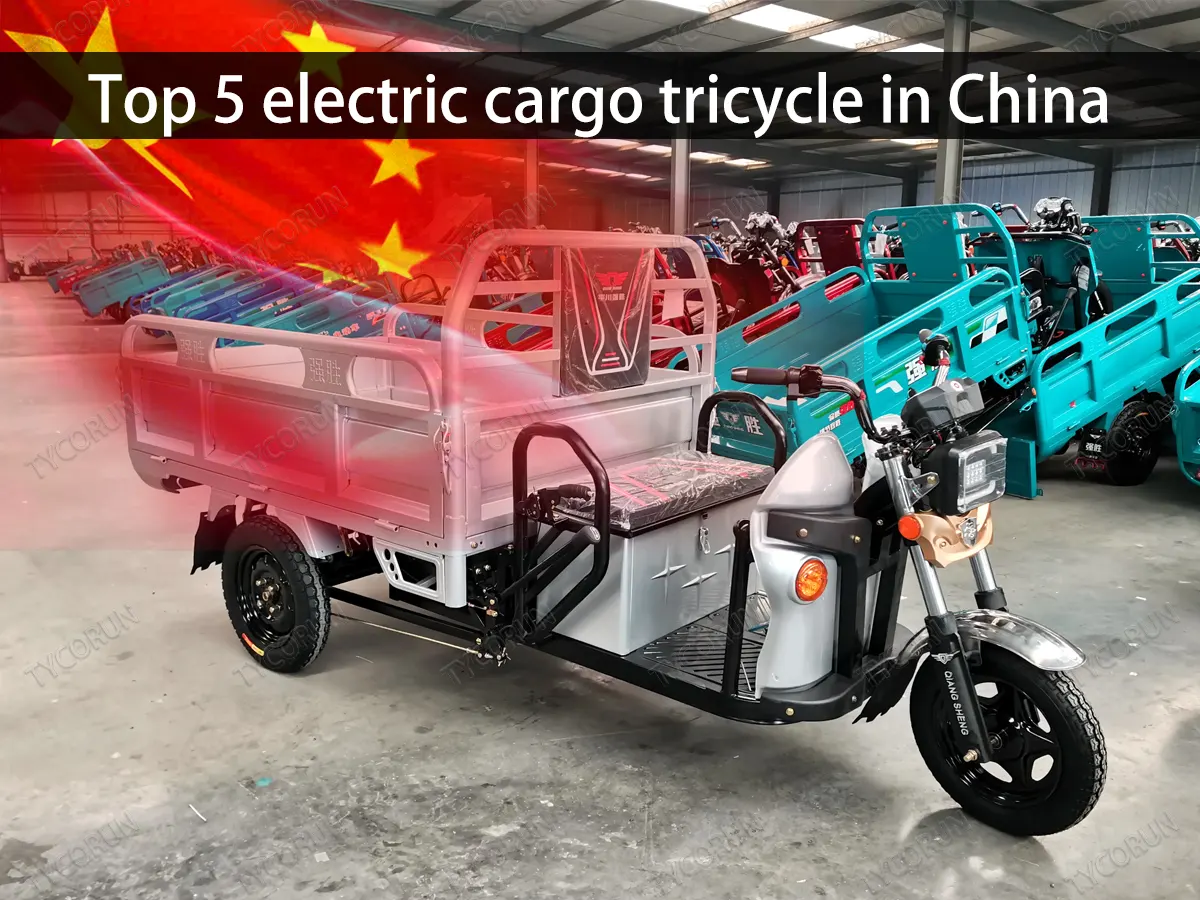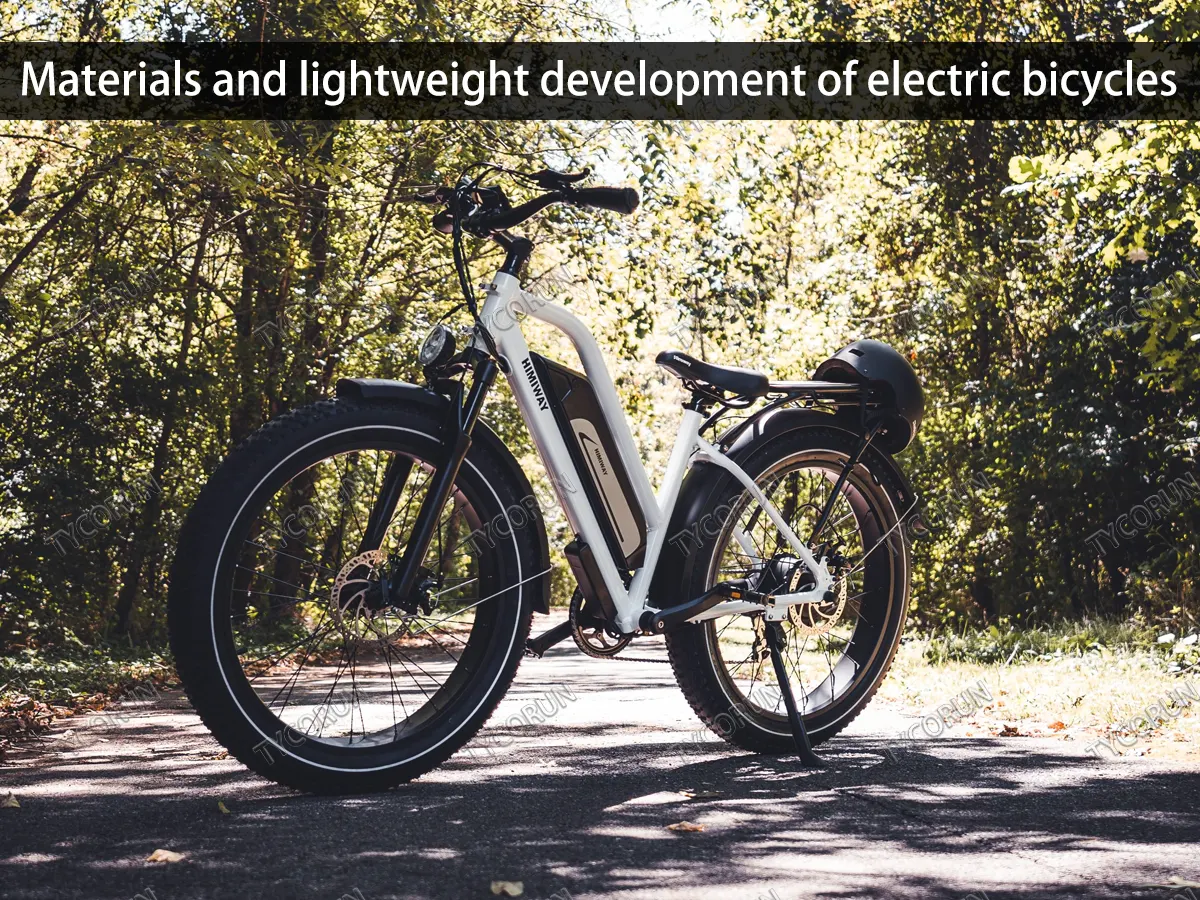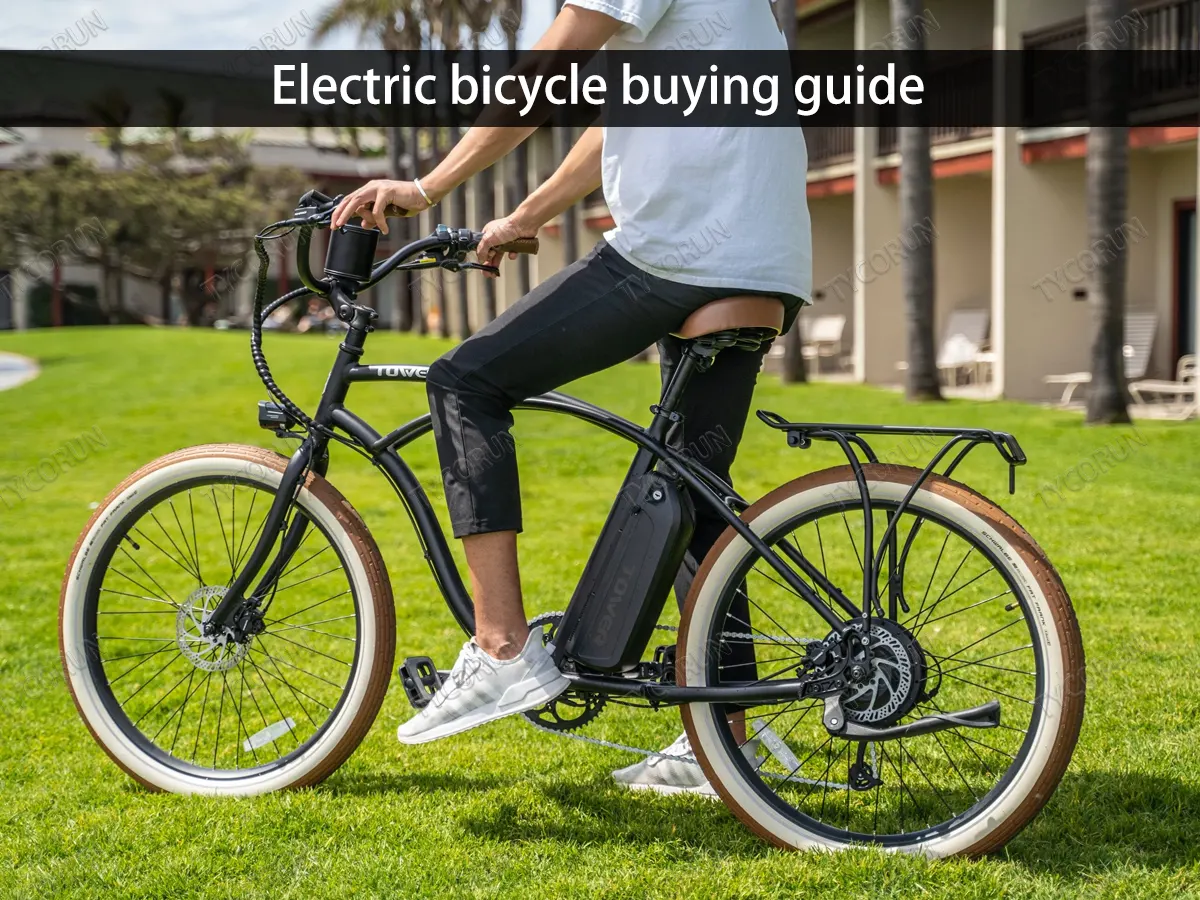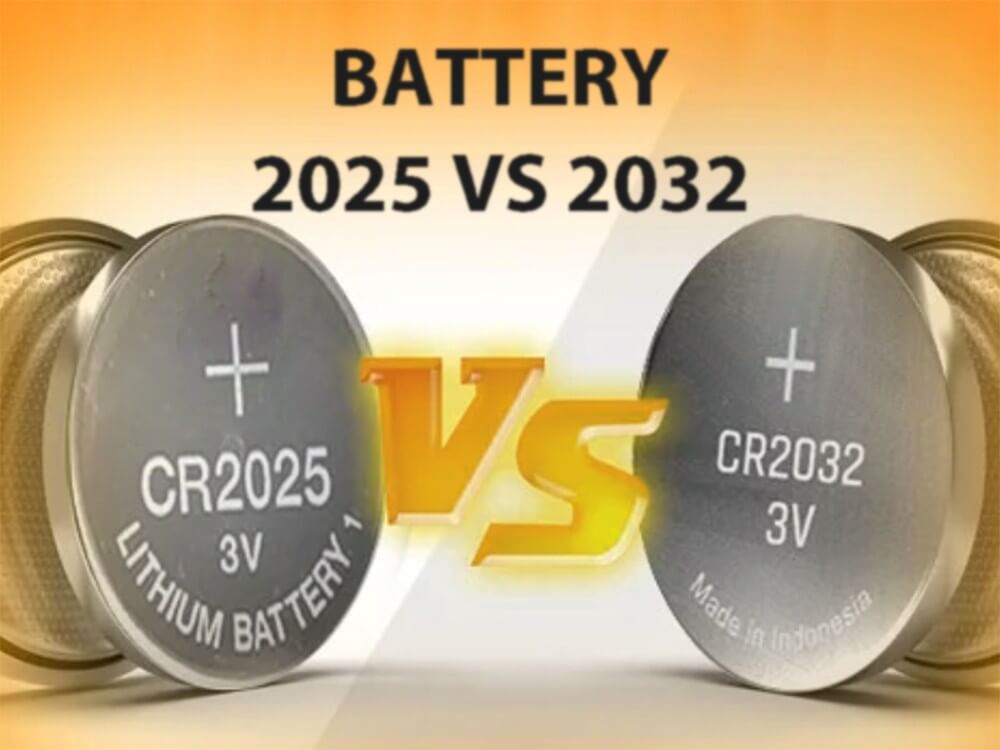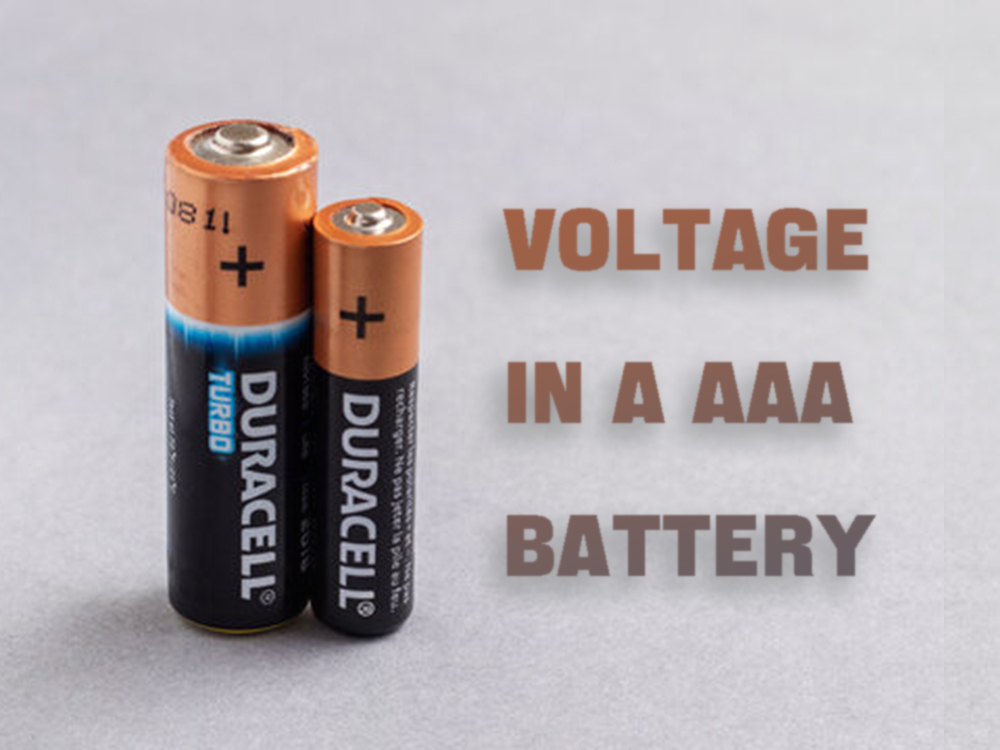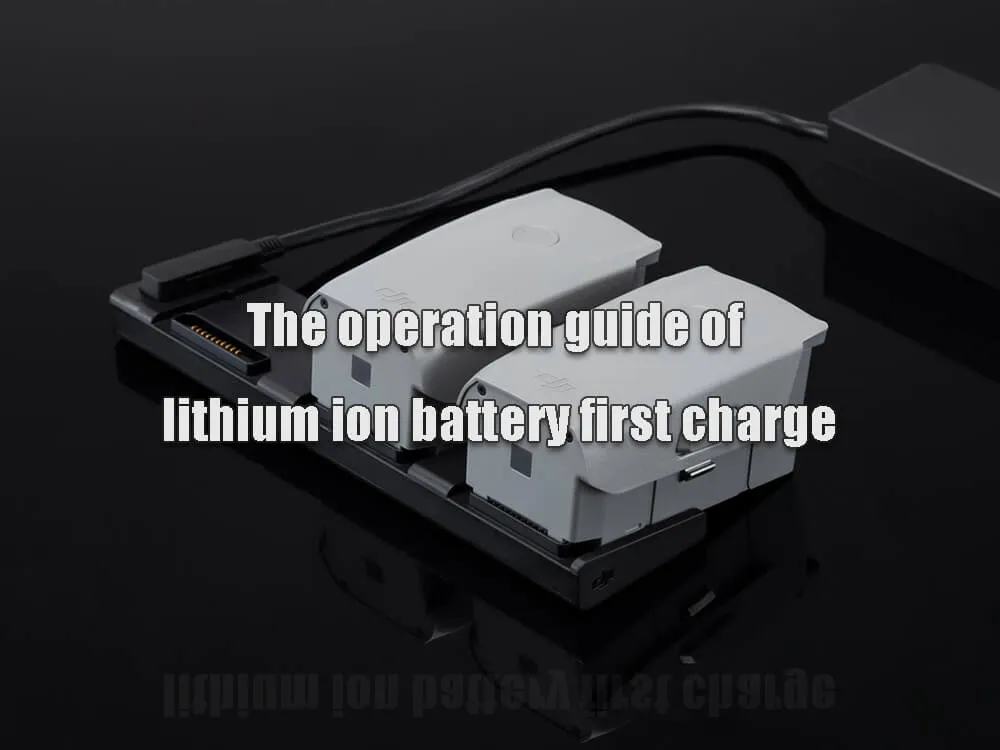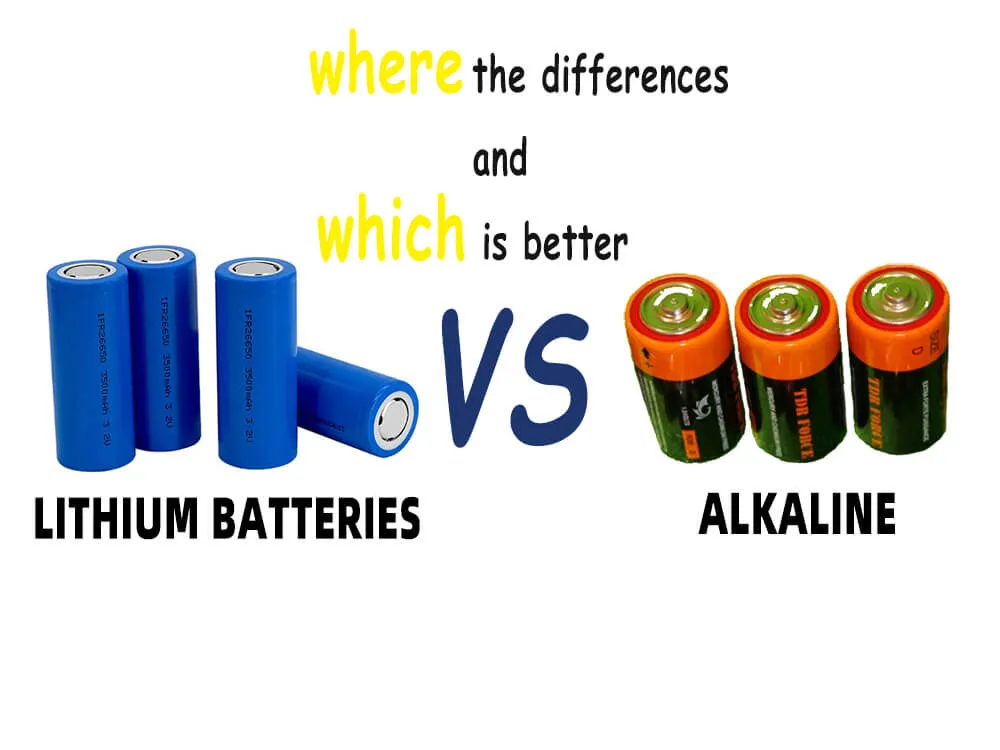The difference between alkaline battery and lead acid battery
- Introduction
- Alkaline battery
- What is an alkaline battery used for
- How do you know if a battery is alkaline
- The pros and cons of an alkaline battery
- Lead-acid battery
- What type of battery is a lead-acid
- Deep cycle lead-acid batteries
- Engine starting lead-acid batteries
- What is a lead-acid battery used for
- The pros and cons of a lead-acid battery
- What is the difference between alkaline battery and lead acid battery
- FAQs
- Conclusion
Introduction
There are different types of batteries in the market today. We have discussed many comparison articles, like li-ion vs ni-mh battery, 21700 battery vs 18650. We know other common have alkaline batteries and lead-acid batteries. Lead-acid and alkaline batteries are examples of batteries that have these features.
Although these batteries both provide electricity, The application may difference between alkaline battery and lead acid battery.
This article will analyze the difference between alkaline battery and lead acid battery and clearly understand which battery to use in specific circumstances. Before comparing the difference between alkaline battery and lead acid battery, briefly introduce these two batteries.

Alkaline battery
An alkaline battery is a primary battery with zinc ad manganese dioxide as its electrodes. Alkaline batteries have potassium hydroxide, from which they get their alkaline feature.
Compared to carbon-zinc batteries, alkaline batteries offer a constant voltage flow and leakage resistance due to the manganese dioxide component.
What is an alkaline battery used for
Alkaline batteries are some of the most common types of batteries, although they are being phased out due to the emergence of rechargeable batteries such as lithium-ion batteries. Nonetheless, alkaline batteries are still consumed worldwide, especially in the US and Europe.
These batteries are used in remote controls, radios, MP3 players, and fan due to their long-lasting feature and high run time.
How do you know if a battery is alkaline
Alkaline batteries are common, especially in households. A large proportion of disposable cylindrical batteries are alkaline batteries. Meanwhile, it would not be difficult to know difference between alkaline battery and lead acid battery whether a battery is alkaline by reading its label.
Even household batteries such as AAA and AA may fail to be alkaline.
The pros and cons of an alkaline battery
Pros
I.They pose lower leakage threats
II.They come in standard sizes
III.They can be used in many appliances.
Cons
I.Compared to lithium batteries, alkaline batteries are heavier.
II.They are more susceptible to fire and explosions
III.These batteries offer higher internal resistance than lithium-ion batteries.
Lead-acid battery
Lead-acid batteries are A type of rechargeable batteries.
Lead is its cathode when the battery is fully charged, while lead oxide is the anode. These batteries utilize sulphuric acid as their electrolyte. Lead-acid batteries have both a low energy-to-weight ratio and a low energy-to-volume ratio. Therefore, they are usually larger and heavier than lithium-ion batteries of the same specification.
What type of battery is a lead-acid
Compared with the difference between alkaline battery and lead acid battery, there are many types of lead acid battery:
Flooded lead-acid batteries
These are the most known lead-acid batteries and are common in the automotive industry. Financially, they are the most cost-effective.
These batteries are referred to as flooded because they contain freely flowing acid in their casing. They must be regularly maintained, watered and cleaned. Nowadays, two types of flooded lead-acid batteries; are serviceable and maintenance-free.
SLA
These are the safest lead-acid batteries because they do not degrade quickly. They come in different forms depending on their area of application.
The two primary forms of these are:
● AGM (Absorbed Glass Matt) sealed lead-acid battery
The process of making these batteries is better in comparison to older flooded battery technology.
They utilize fine, porous micro-fiber glass operators to absorb electrolytes in the battery. By doing this, the efficiency and capacity are boosted by lowering inner resistance.
Lower levels of resistance also mean that charging the battery is much faster. These batteries are used in golf carts, telecommunication equipment, and UPSs.
● Gel Sealed Lead-acid types
These are the better batteries among the two sealed lead-acid batteries. Gel VRLA batteries have a jelly-like electrolyte which differentiates them from AGM batteries. For these batteries, sulphuric acid is mixed with silica fume, creating a gel-like immobile substance.
Unlike flooded acid batteries, this battery is maintenance-free and can be easily transported. These batteries can withstand extreme temperatures and irregular motion movements. They’re commonly used in power banks and golf carts.
Deep cycle lead-acid batteries
These batteries, as the name suggests, have high cycle life. Unlike cranking and Engine starting batteries, deep cycle batteries have few plates. They are used in applications that require prolonged periods of constant current, such as solar energy systems and RV power banks.
Engine starting lead-acid batteries
These types of batteries have many thin plates per battery, increasing their surface area, thus increasing current potential.
They provide a massive burst of current in a short period. They are helpful when they are needed to start/crank engines.
What is a lead-acid battery used for
Lead-acid batteries are used in various applications, such as electric bicycles, motorcycles, Forklift, heavy truck. Additionally, they provide backup power, such as in UPSs for alarms and computer systems.
The pros and cons of a lead-acid battery
Pros
I.They are cheaper compared to lithium-ion batteries.
II.They provide a high power output.
III.They are rechargeable.
Cons
I.They are bulky
II.They have a low power density
III.Cycle life is much lower than Li-ion batteries
What is the difference between alkaline battery and lead acid battery
There are several difference between alkaline battery and lead acid battery. These include:
● Lead-acid batteries are rechargeable, while most alkaline batteries are not.
● For lead-acid batteries store their chemical energy in the electrolyte, while in alkaline batteries, the energy is stored in the zinc plate.
● During discharge, lead-acid batteries consume the electrolyte, but alkaline batteries do not.
● Lead-acid batteries are relatively expensive compared to alkaline batteries.
● Alkaline batteries use potassium hydroxide as the electrolyte, while lead-acid batteries use concentrated sulphuric acid.
● For lead-acid batteries, the positive and negative plates are lead oxide and lead, respectively. In contrast, the positive and negative plates are manganese oxide and zinc metal for alkaline batteries, respectively.
● Lead-acid batteries have an operating temperature of -20 to 60°C, while alkaline batteries operate between 0 to 65°C.
● On average, lead-acid batteries have a lifespan of 500-800 cycles; for their part, alkaline batteries do not have a cycle life as they are not rechargeable.
FAQs
Can an alkaline battery catch fire
Yes, it can.
For perspective, all batteries, even those tiny household batteries with small voltages, can catch fires. For alkaline batteries, heat builds up when their positive and negative plates come in contact with metallic objects, which can lead to fires.
Are alkaline batteries and lead-acid batteries safe
All batteries are safe if handled correctly but the battery manufacturing process has to be good.
However, some batteries are safer due to the stability they offer. One significant difference between alkaline battery and lead acid battery is that lead-acid batteries are safer than alkaline batteries. However, they must be handled appropriately.
When charging, lead-acid batteries are dangerous as they emit highly flammable hydrogen; they also release oxygen that supports combustion and can lead to an explosion.
As alkaline batteries age, their outer case can corrode, leading to the electrolyte leaking. This electrolyte is hazardous to the skin and eyes. Additionally, trying to recharge alkaline batteries can lead to explosions.In contrast, lithium iron phosphate batteries not only have excellent performance, but also have high safety.
Can I replace alkaline batteries with lithium batteries
Yes, you can as long as the operating specifications are compatible with the lithium battery. Lithium batteries can be used as alternatives to alkaline batteries.
Which is better – lead-acid battery or lithium battery
Lithium batteries are the best in the market, meaning they are better than lead-acid batteries. These two batteries are some of the most popular in the market today, often used as lithium ion solar battery, however, the only area in which one would prefer a lead-acid battery is cost, as they are relatively cheaper than lithium batteries.
Nonetheless, lithium batteries are more cost-effective as their value during their lifetime outweighs their high cost. They can cycle up to 4000 times, far more than lead-acid batteries. Comparing the two, lithium batteries have 95% efficient while lead-acid batteries are about 80-85% efficient.
Lithium-ion batteries have a higher energy density than lead-acid batteries.
Therefore, lithium batteries can provide power to more devices/appliances over an extended period. Lithium batteries also have a longer life cycle than alkaline batteries and are easier to handle and No need to maintain.
Conclusion
Generally, Different types of batteries are different in many ways. However, some considerations need to be made when you have no idea which one is best for you, such as the level of power required and the application area. Two of the most commonly used batteries are alkaline and lead-acid batteries. While they are both used to power devices and appliances, it is easy to tell these batteries aside.
Most alkaline batteries are smaller in size and specification compared to lead-acid batteries. They are also made up of different materials and use different chemical components to provide energy. There are several difference between alkaline battery and lead acid battery, as discussed in the article.
When purchasing either of the batteries, it is essential to consider where the battery will be used. If you are not sure which to use, consult a technician. Additionally, in case of a leakage or a safety issue, carefully dispose of the battery in designated areas or consult battery manufacturers.
Related posted
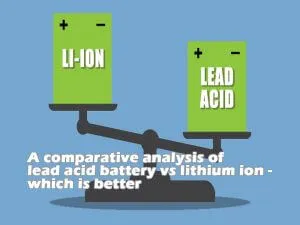
A comparative analysis of lead acid battery vs lithium ion – which is better

